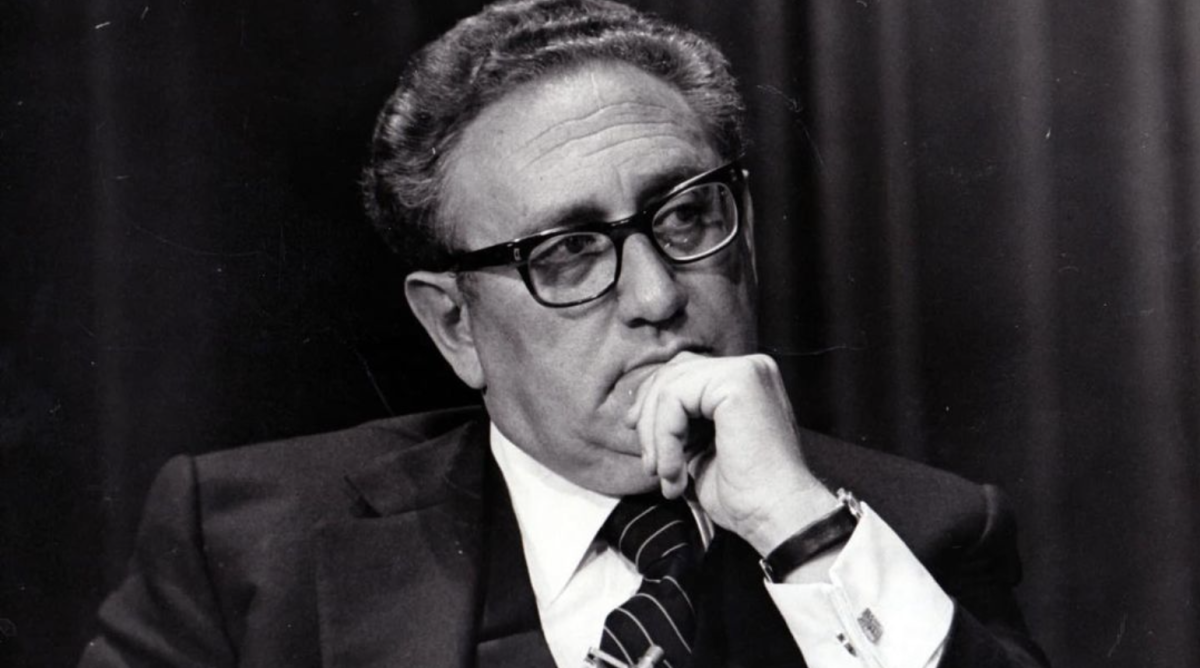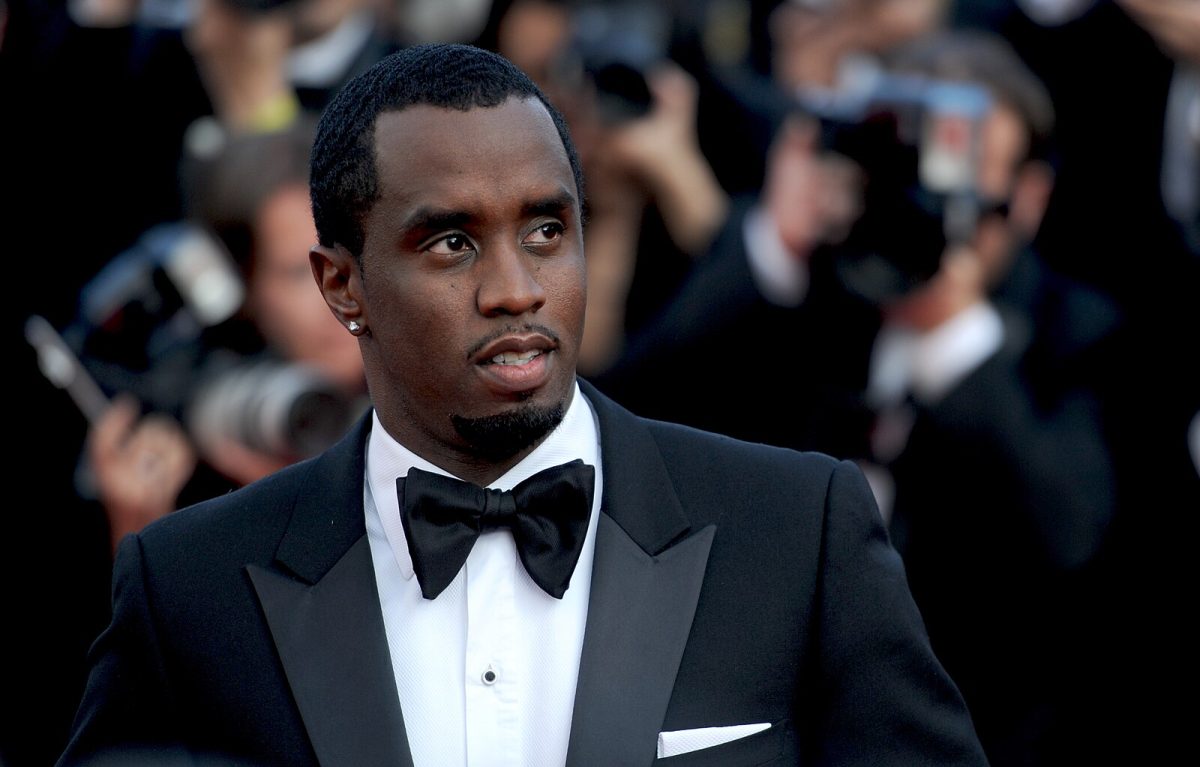The former United States Secretary of State, Henry Alfred Kissinger, at the age of 100, passed away on Nov. 29, 2023. Kissinger was a German-born American politician and diplomat. He served as U.S. Secretary of State and Nation Security Advisor under the presidential administrations of Richard Nixon (37th president) and Gerald Ford (38th). Kissinger was born in Germany and emigrated to the United States during the Nazi occupation. Once the family reached the U.S., they settled in New York City. Kissinger studied in the city with the intention of becoming an accountant, however during WWII, he found himself in a unique situation. He served in Germany for the United States Army, working in Army Intelligence as a translator. This position led to a significant turning point in his involvement with international diplomacy; he became someone with a mission.
Postwar, Kissinger became interested in a different type of “accounting.” He received his Ph.D from Harvard University in 1950 and went on pursuing a career in academia. Kissinger directed the Harvard International Seminar, a forum in which a compilation of students and professors conduct research relating to international and domestic policy proposals. Kissinger cultivated power through personal relationships gaining influence as a power broker, with Harvard being his starting point. Kissinger had many connections to the political elite and international figures, and through these ties, became a member of the Council on Foreign Relations and published works like ‘Nuclear Weapons and Foreign Policy.’ This gained him significant credibility and he became a prominent authority figure in the realm of international relations and national defense policy.
Kissinger served as a consultant to the Eisenhower administration and developed close relationships with figures in the Republican Party, including the Rockefeller brothers. In 1968, Kissinger was invited to join Nixon’s presidential campaign as a foreign policy advisor. After winning the presidential election, Nixon appointed Kissinger to the National Security Council as his National Security Advisor, where he was responsible for coordinating the administration’s foreign policy initiatives. There Kissinger shaped Nixon’s policies with the Soviet Union, the ending of the Vietnam War, and cooperations with China. Kissinger is accredited with achieving serious diplomatic breakthroughs, such as the establishment of diplomatic relations with China and the signing of the Paris Peace Accords which ended the American involvement in the Vietnam War. Despite this, Kissinger is also criticized for his role in supporting authoritarian regimes in Chile and Indonesia. According to a podcast published by iHeartPodcasts, “some view Henry Kissinger as a hero, attributing to him the role of securing the U.S. standing as the predominant global superpower, while others perceive him as an irredeemable villain.”
For many, the harsh legacy that accompanies Kissingers’ deep engagement with politics, and his pursuit of a strong political agenda will be associated with deceptions, lies, and travesties. Kissinger was considered a main player in orchestrating the secret bombing that occurred in Cambodia. In 1969, Cambodia was a neutral country during the Vietnam War, however, under the administration of President Nixon, the U.S. began to secretly bomb Cambodia in attempts to cut off North Vietnamese supply lines. Kissinger argued that the bombing would be necessary to prevent North Vietnam from using Cambodian territory. It was named ‘Operation Menu,’ and there are estimates declaring the number of deaths to be over 40,000 Cambodians. “To Kissinger, Cambodia was a “sideshow,” (Ear, 2023). Kissinger then went on to win the Nobel Peace Prize in 1973 for his role in negotiating the Paris Peace Accords, which ended the American involvement in the Vietnam War.
During the 1971 Bangladesh Liberation War, as the U.S. National Security Advisor Kissinger played a controversial role in supporting Pakistan as they massacred countless people because they opposed the Bengali Independence Movement. Pakistan was seen as an ally in the Cold War against the Soviet Union and China, so Kissinger supported Pakistan because he believed the country would help maintain American influence in the South Asian region. He also believed that an independent Bangladesh, in alliance with India, would result in an imbalance of power against Pakistan and American interests. Furthermore, the U.S. had serious economic ties with Pakistan, such as arm sales, and Kissinger prioritized these interests over anything else.
In 1965, Suharto, a military general, took power in Indonesia through a violent coup, and his regime was characterized by authoritarian rule and human rights abuses. Kissinger was a supporter of the Indonesian government under Suharto. Suharto was against communism in Southeast Asia, and Kissinger believed that his support was necessary to prevent the spread of communism in the region. He believed that maintaining good relations with Indonesia benefited America and there were economic ties with investments in oil and timber.
In 1973, with the help of the CIA, Kissinger puppeteered the overthrowing of Salvador Allende, who was the democratically elected president of Chile at the time. This was known as ‘Operation Track Record,’ and it led to the installation of military general Augusto Pinochet to be appointed as the dictator of Chile.
Operation Condor was a campaign of state terrorism from 1975 to 1983. It was a collaboration between the right-wing dictatorships of Argentina, Chile, Uruguay, Bolivia, Paraguay, and Brazil, to work together to support coups on non-fascist countries in South America. It targeted left-wing political parties, labor unions, and student organizations. Kissinger authorized many secret operations and provided funding in order to maintain American influence.
These events, and many more, are all important factors of political history. For Kissinger, it was important that the United States maintain a strong, consistent public image. The winners tend to shape the narratives, while the losers, or for better terms, the ones treated as “collateral damage,” have less influence on how history is portrayed. These power dynamics, fostered by Kissinger’s work, will be forever engraved in how the United States conducts itself on the international world stage.









Darby Gallagher • Dec 3, 2023 at 3:06 pm
A great article. Well written and informative, I feel that the writers work offers an objective and reliable viewpoint for its readers. Compared to a lot of journalism today, I felt as though I was given the ability to develop my own opinion rather than be given one. As a journalist and world citizen, nothing is more important than giving people the truth. I continue to look forward to reading works by this Anais.
Anaïs • Dec 3, 2023 at 5:33 pm
Thank you Darby. Every word and every piece of feedback means a lot to me.